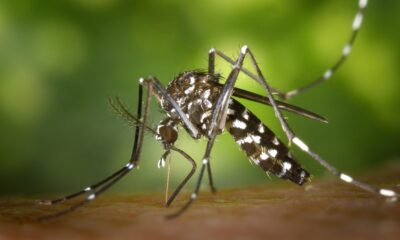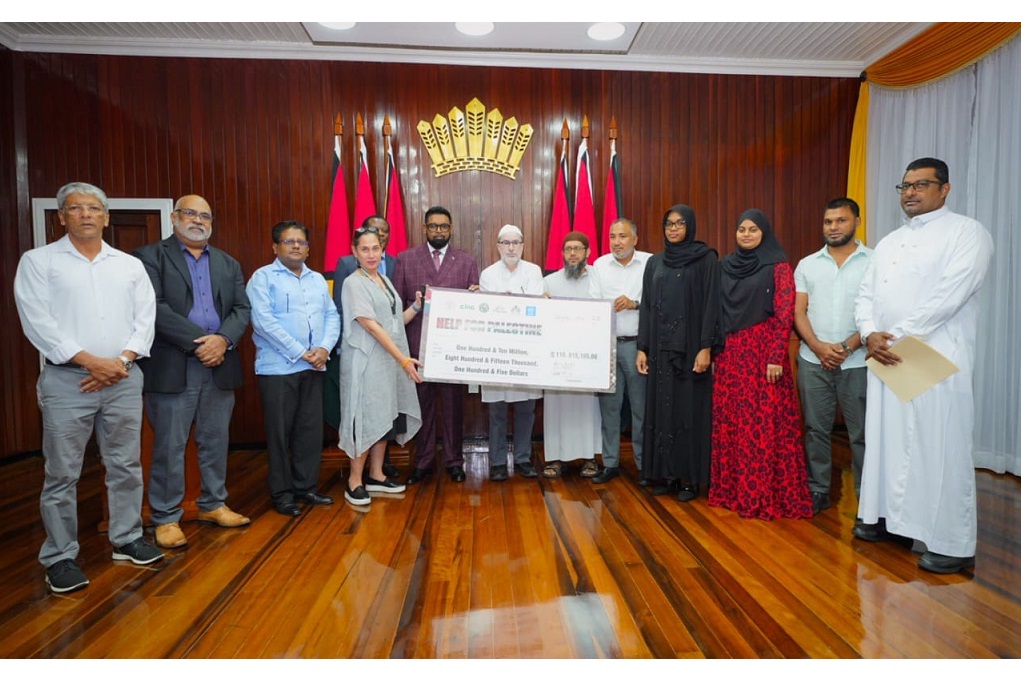The Caribbean Public Health Agency joins the international community in commemorating World Cancer Day 2024 by encouraging all relevant authorities to “Close the Care Gap”. CARPHA calls on all Member States to commit to prioritising cancer, addressing the root causes of health inequity and to ensuring that quality health services are accessible to all when, where and how they are needed.
Cancer is a critical public health concern and continues to impact lives indiscriminately. In the Caribbean, cancer is the second leading cause of death, accounting for a fifth of all deaths. In 2022, it is estimated that there were over 113,000 new cancer cases and over 65,000 cancer deaths in the Caribbean. Among new cancer cases, the most frequently diagnosed cancers in the Caribbean in 2022 were cancers of the prostate, breast, colorectum, lung and cervix.
World Cancer Day, recognised on February 4th, is a global initiative led by the Union for International Cancer Control (UICC). The ‘Close the Care Gap’ campaign highlights the significant inequities that exist around the world in the level of care that people with cancer receive. Dr Joy St John, Executive Director at CARPHA noted, “this campaign is more relevant than ever, as we continue to focus on raising awareness, encouraging tangible change and ensuring that quality health services are accessible to all, especially here in the Caribbean”.
Through CARPHA’s IARC Caribbean Cancer Registry Hub initiative, CARPHA provides support to increase the quality and coverage of population-based cancer registries in the Caribbean. Better quality cancer data provides more reliable evidence to support decision making for cancer prevention and control at the national and regional levels. Head of the Chronic Disease and Injury department at CARPHA, Dr Heather Armstrong, noted that “CARPHA remains committed to supporting Member States to prevent and control cancer through initiatives that support improved cancer surveillance systems and address cancer risk factors”.
One such initiative is currently being conducted in collaboration with the Ministry of Health and Wellness (MoHW), Jamaica. A data collection system that was developed in Rwanda will be customized to the needs of the National Cancer Registry (NCR) of Jamaica and piloted. The system will strengthen cancer registration efforts and the availability of high-quality cancer data, to support the development of evidence-informed interventions in the country. Once successful, other Member States will have the opportunity to utilise this tool and take the region one step closer to closing the care gap.
CARPHA is also engaged in initiatives to address the risk factors associated with cancer, including poor nutrition, the harmful use of alcohol and consumption of harmful substances such as tobacco. The Agency continues to support regional efforts to reduce the threats posed to Caribbean people by unhealthy diets, obesogenic food environments and the harmful use of alcohol.
More information about CARPHA’s work in this area and the UICC’s recommendations to address the cancer care gap can be found via the links below.


 News1 week ago
News1 week ago
 Health1 week ago
Health1 week ago
 TCI News5 days ago
TCI News5 days ago
 Caribbean News1 week ago
Caribbean News1 week ago
 Education1 week ago
Education1 week ago
 Caribbean News1 week ago
Caribbean News1 week ago
 Latin America and Caribbean2 days ago
Latin America and Caribbean2 days ago
 News1 week ago
News1 week ago



















